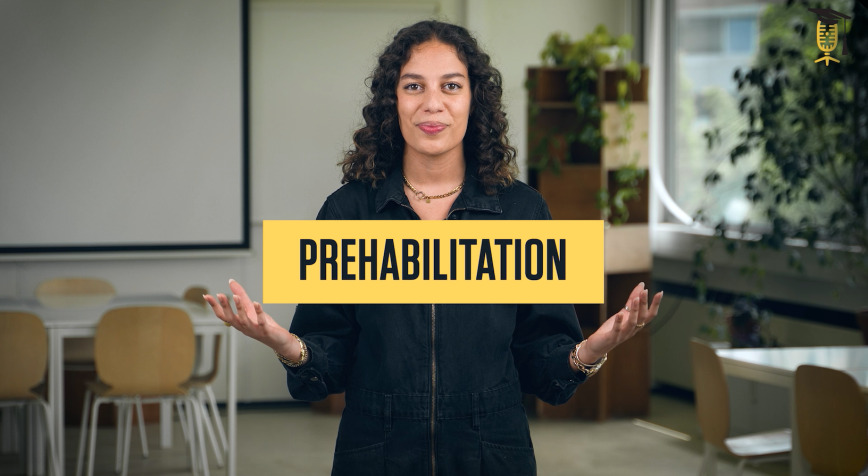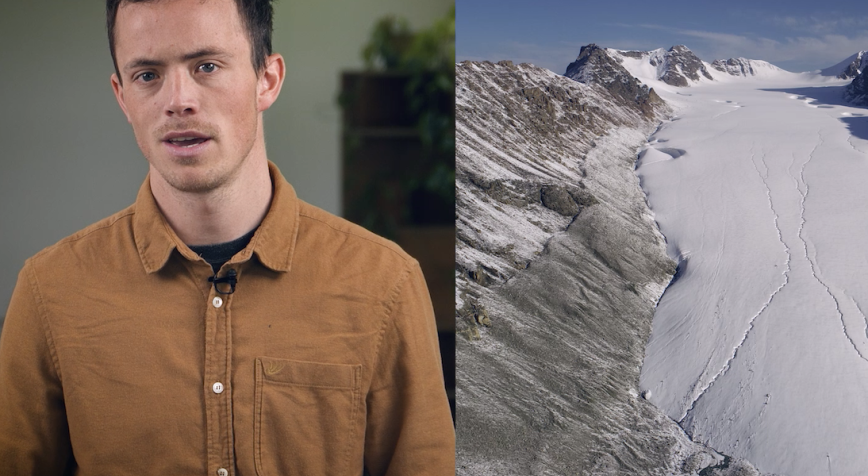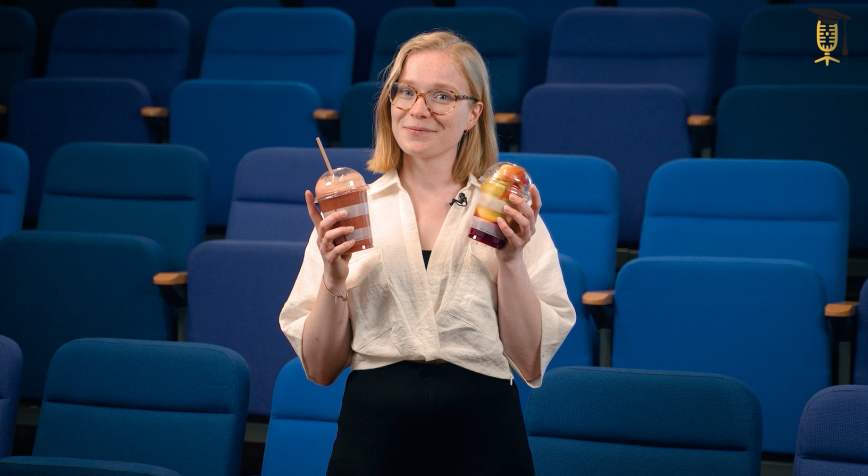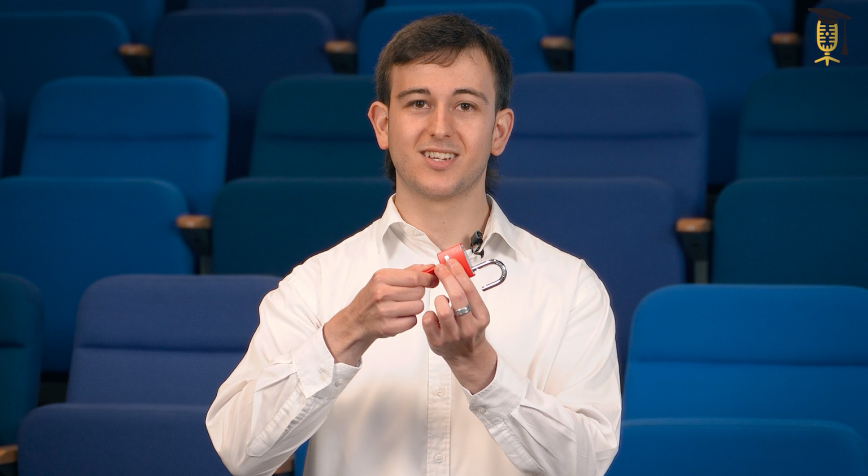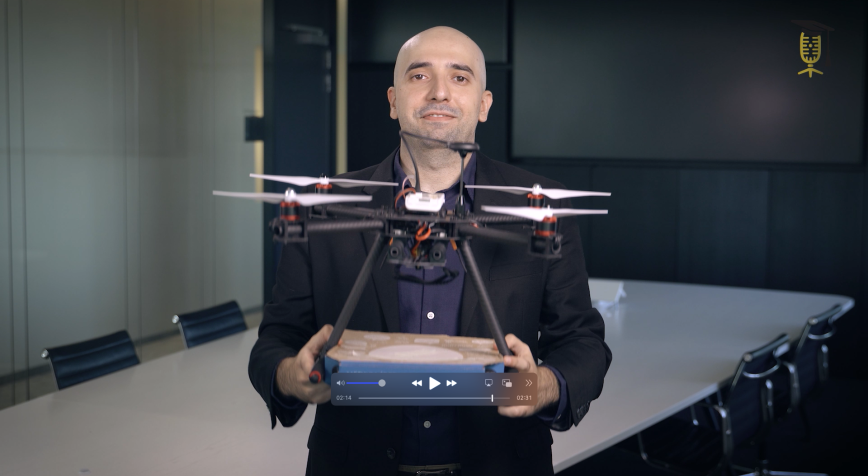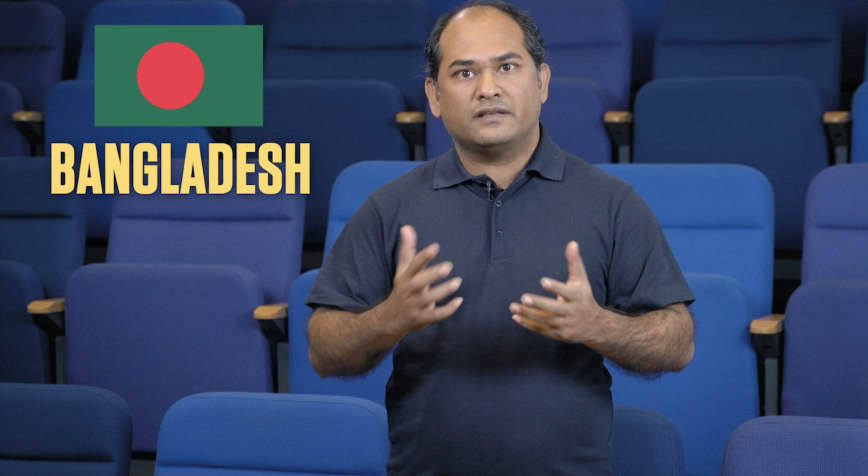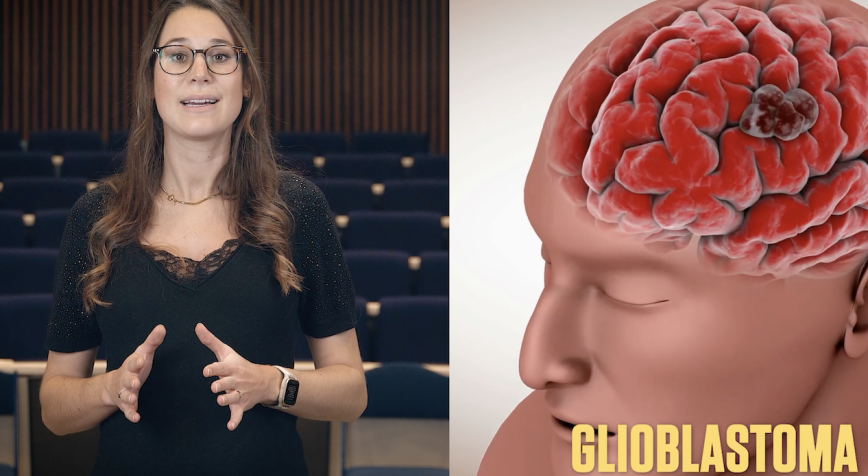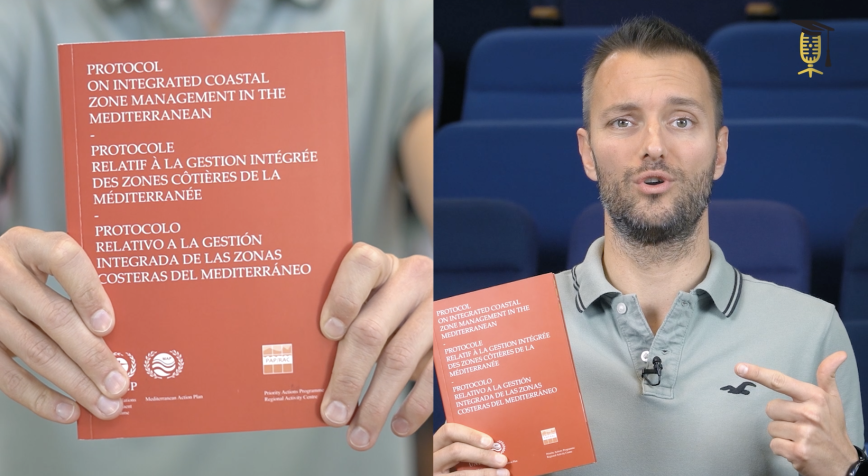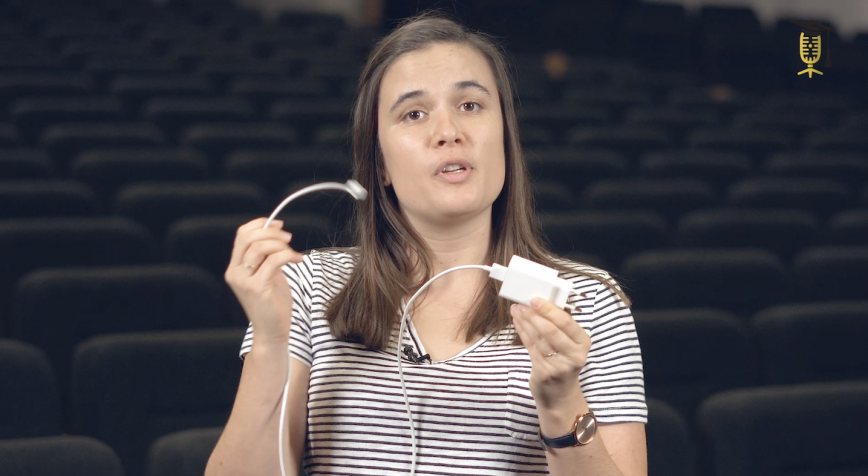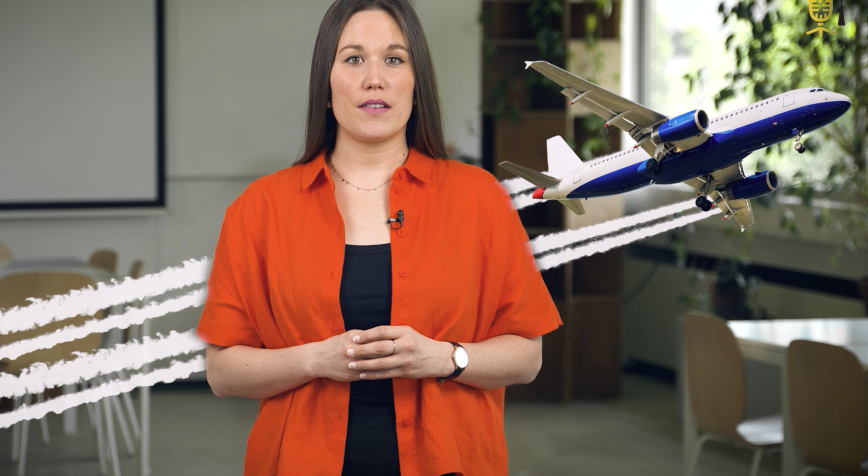
VUB
How can we make airplane parts smart and healthy?
Imagine a world where planes aren't just checked, but they can actually tell us how they're doing! VUB researcher Zoé Jardon wants to turn this dream into reality by developing smart metal parts. Such smart components can tell by themselves if they are in good condition or not, and inform us about a problem and where it is occurring.
